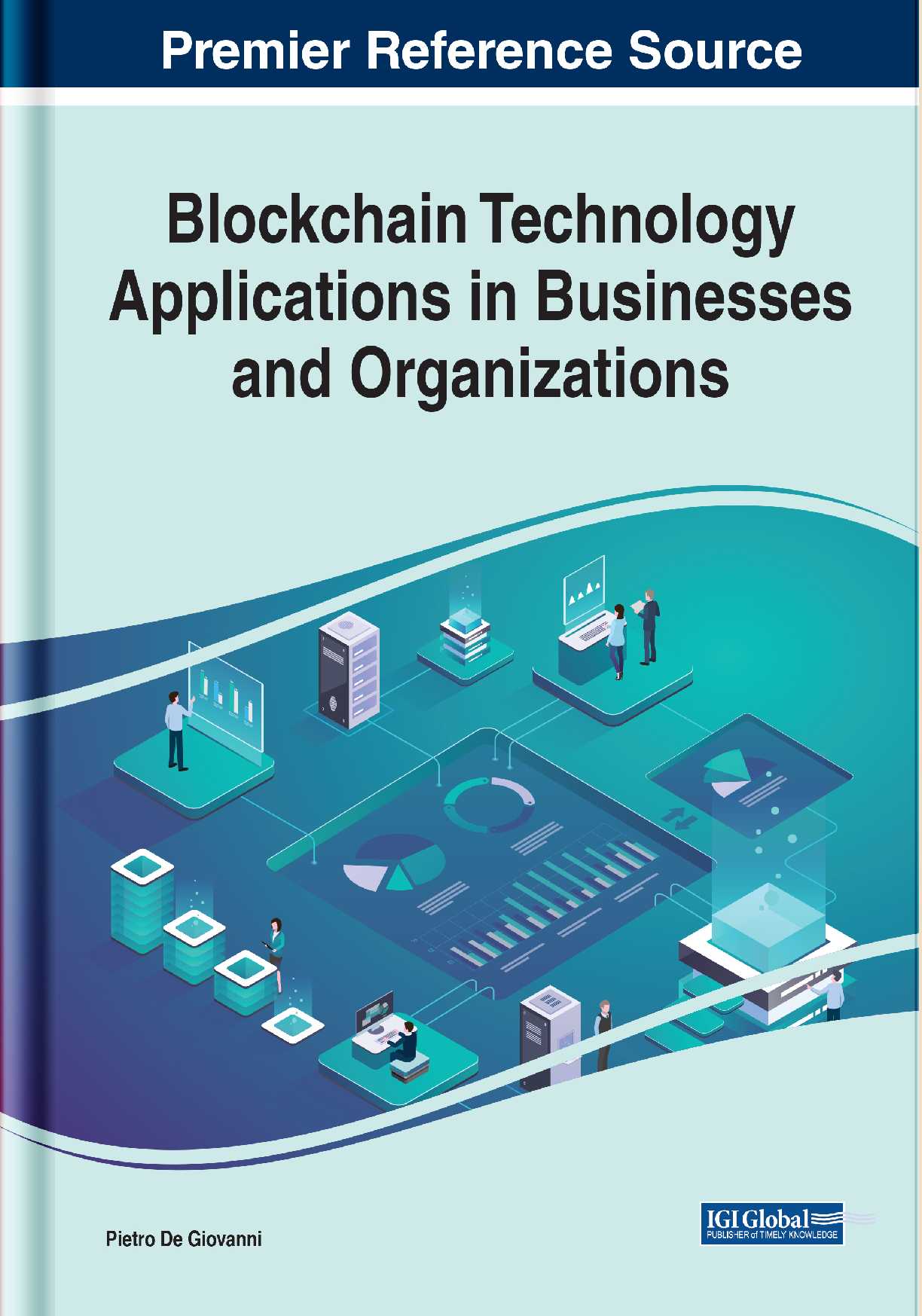Blockchain Technology Applications in Businesses and Organizations
Blockchain Technology Applications in Businesses and Organizations
- Length: 315 pages
- Edition: 1
- Language: English
- Publication Date: 2021-12-01
Blockchain technology has the ability to disrupt industries and transform business models since all intermediaries and stakeholders can now interact with little friction and at a fraction of the current transaction costs. Using blockchain technology, firms can undergo new applications and processes by pursuing transparency and control, low bureaucracy, trustless relationships, high standards of responsibility, and sustainability. As a result, business and organizations can successfully implement blockchain to grant transparency to consumers and end-users; remove challenges linked to pollution, frauds, human rights, abuse, and other inefficiencies; as well as guaranteed traceability of goods and services by univocally identifying the provenance inputs’ quantity and quality along with their treatment and origin. Blockchain Technology Applications in Businesses and Organizations reveals the true advantages that blockchain entails for firms by creating transparent and digital transactions, resolves conflicts and exceptions, and provides incentive-based mechanisms and smart contracts. This book seeks to create a clear understanding of blockchain’s applications such that business leaders can see and evaluate its real advantages.
Blockchain is then analyzed not from the typical perspective of financial tools using cryptocurrencies and bitcoins but from the perspective of the business advantages for business and organizations. Specifically, the book highlights the advantages of blockchain across different segments and industries by analyzing specific aspects like procurement, manufacturing, contracts, inventory, logistics, operations, sustainability, technology, and innovation. It is an essential reference source for managers, executives, IT specialists, students, operations managers, supply chain managers, project managers, technology managers, academicians, and researchers.






























Leave a Comment